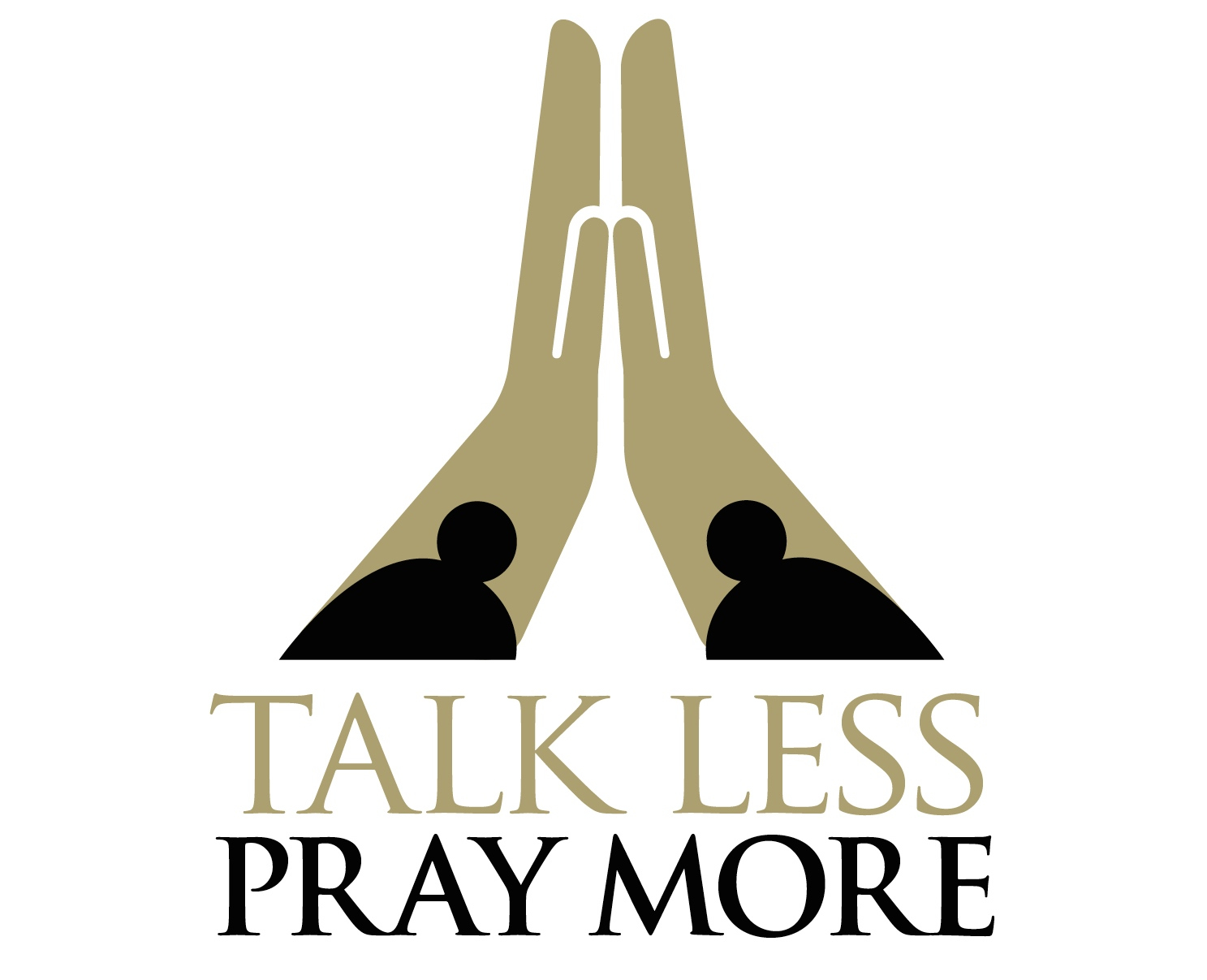“But above all, my brethren, do not swear, either by heaven or by earth or by any other oath, but your yes is to be yes, and your no, no, so that you may not fall under judgment.” James 5:12
As a small boy, I loved to accompany my grandfather, George Washington Miller on his errands around the city of Bloomsburg, Pennsylvania. He had been a hard-working farmer, dairyman, and foreman of a road building crew during the Great Depression. Men called him, “Boss.”
In Granddad’s final years, he made his living as a carpenter. He could build anything from houses, to boats, to staircases, and he did it before the arrival of power tools. His “Pop-Eye” forearms were huge, and when he took me by the hand, to walk me safely across the street, mine would disappear into one of his massive, calloused hands. To a seven year old, he was a force of nature.
One day, Granddad Miller concluded a conversation with a restaurant owner in Downtown Bloom with a handshake. They had been discussing the cost of building a staircase, and when my Granddad gave the man a price they shook on it. No money was exchanged. No contracts were signed. Their word was their bond. Two men faced each other, and under the eyes of God, they gave their word to one another, and went to work. They didn’t go to a lawyer. One went back to his restaurant. The other went to the lumberyard to order the materials. I was impressed. So is The Father when His children still do it.
The Book of James contains some very strong language. Martin Luther, never a fan of the book, referred to it as, “A right strawy epistle.” In other words, it got under his skin, and itched in places where he didn’t want to scratch.
Among all the powerful admonitions in the brief, five chapters of James, none is more striking than, “But above all, brethren, do not swear.” The emphasis is not on refraining from cussing like a sailor, but it puts on notice anyone who has a penchant for over-promising and under-delivering.
Swearing “by heaven or by earth or with any other oath” refers to the habit of some people to try to strengthen a weak promise, or a losing argument by shoring it up with a stronger additive. “I swear to God” or “I swear on my mother’s grave” coming out of the mouth of a man who is a promise breaker will not transform him into a promise keeper.
“But above all” is the bell ringer in this passage of Scripture. The Word of God places a very high priority on the word of the people of God. They are to be known as people that can be trusted. Their word is their bond, and their only vocabulary is truth. As the kids used to say, before the adults started saying it, “WORD!”
Keeping one’s word is not a New Testament concept. King David described the citizen of Zion as a person who “Honors those who fear the Lord; He swears to his own hurt and does not change.” (Psalm 15:4)
Note to Self: Discovering that keeping your word is going to cost you more than you originally thought is not a loophole to any verbal contract you make with your wife, your children, your church or your neighbor. Keeping your word is simply an expression of the quality of The Bond you have with Jesus.
When you pray, you are leaning into the yoke with Jesus. The more you pray, the less you say. Don’t over promise to others what Jesus is going to have to underwrite, to make good on your word. It is a form of name-dropping and insulting to Him.
Keep your word when you give it, because you have made Jesus a part of it. He is your witness to every word spoken, and every promise given. Before you speak to others, pray to Him. When you pray you are like a child raising your hand to ask permission before you speak. Pray it before you say it. TALK LESS! PRAY MORE!
Blog
Talk Less Pray More
Gary Don Miller Prayer Ministry
What a privilege to be invited into your “home”. We take that very seriously and understand that our calling and mission are completely and confidently to exalt the name of Jesus as we impart the powerful knowledge of intercession. Therefore, the moments we spend with you are dedicated to exhorting the people of God to Talk Less! Pray More!
